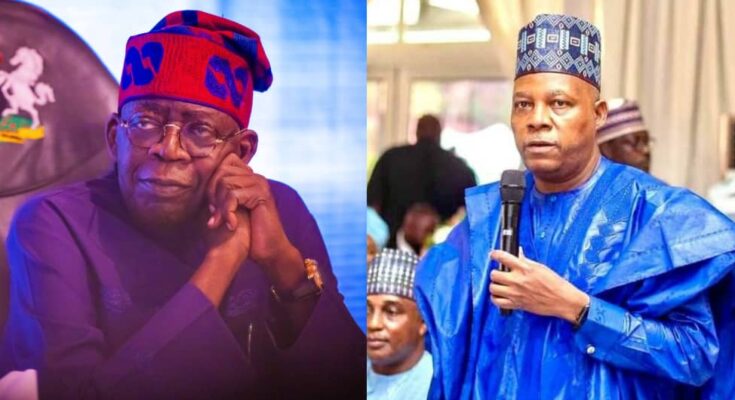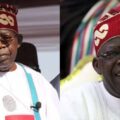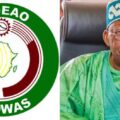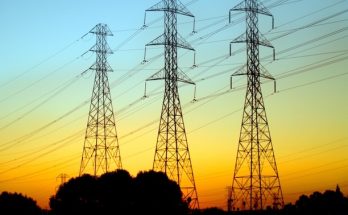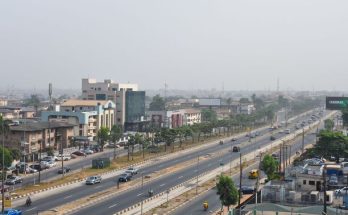President Bola Tinubu and Vice President Kashim Shettima plead with the Presidential Election Petition Tribunal not to invalidate the presidential election held on February 25.
They argue that the controversy surrounding the 25% requirement in the Federal Capital Territory (FCT) should not be a reason to cancel the election. Their appeal was presented in a final address by their lead counsel, Wole Olanipekun.
Olanipekun dismissed the arguments and testimonies presented by the opponents as baseless and unsupported. He urged the court to dismiss the petition, stating that it lacked any substance or merit.
READ ALSO: Tinubu Declares State Of Emergency On Food Security
Judges cannot perform miracles
Specifically, he addressed the petitioners’ claim that the February 25 election should be canceled because Tinubu and Shettima did not receive 25% of the votes in the FCT, that the contention was not supported by any legal evidence since the term “and” in the constitution is meant to be conjunctive, not disjunctive.
Olanipekun emphasized that judges cannot predict the future or create evidence to favor a plaintiff, who are bound by the law and cannot perform miracles in civil claims.
He specifically said:
“Judges cannot perform miracles in the handling of civil claims, and at least of all manufacture evidence for the purpose of assisting a plaintiff win his case,”
READ ALSO: ECOWAS of People: President Bola Ahmed Tinubu reveals his economic and political plans for ECOWAS
President Tinubu’s plead for ₦500 billion for fuel subsidy palliatives
President Bola Ahmed Tinubu wrote a letter to the House of Representatives, urging an amendment to the 2022 supplementary appropriation Act in order to enable the Federal Government acquire N500 billion to provide palliatives aimed at alleviating the impact of the fuel subsidy removal.
During Wednesday’s plenary session, Speaker Tajudeen Abbas read President Tinubu’s letter on the floor of the House.
The letter, titled “Request for the amendment of the 2022 appropriation act,” explained the necessity of sourcing funds to address the consequences of the recent removal of fuel subsidy in Nigeria.

